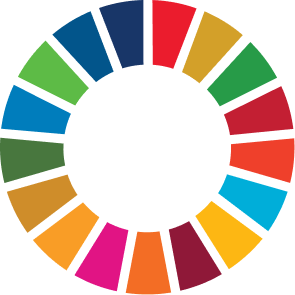Sustainable Development Goals (SDGs)
Committed to the SDGs
At the Iberdrola Group, we have incorporated the Sustainable Development Goals (SDGs) approved by the UN in September 2015 into our business strategy and our Governance and Sustainability System.
The 17 SDGs that make up the 2030 Agenda seek to achieve a sustainable future for people and the environment within a medium-term time horizon. The 17 goals are interrelated and present global challenges that require the involvement of all sectors of society - governments, the private sector, civil society and citizens. They are also a unique opportunity to develop innovative strategies and business models adapted to a world in profound transformation.
What are the SDGs?
The Sustainable Development Goals (SDGs) are 17 goals - divided into 169 targets - that seek to call for global action to end poverty, preserve the planet and improve the lives and prospects of all people by 2030. They were adopted on 25 September 2015 by UN Member States as part of a new sustainable development agenda: the 2030 Agenda.
The 2030 Agenda for Sustainable Development is based on the 5Ps: people, planet, prosperity, peace and collective participation, and is a comprehensive plan of action. The 17 SDGs are a fundamental part of the 2030 Agenda, helping to translate its core values and principles into concrete and measurable results. In adopting the SDGs, Member States committed to mobilise the means necessary for their implementation through partnerships with a special focus on the needs of the poorest and most vulnerable.
In order to achieve the SDGs, it is essential to design and develop multilevel and multi-stakeholder projects in alliance (SDG 17) (private and public sector, civil society, third sector, public administrations, etc.) that are capable of responding to the complex and systemic challenges we face today, i.e., cross-cutting aspects must be considered for each proposal and thus try to avoid hidden imbalances associated with the fulfilment of the 2030 Agenda. The SDGs are not independent, they are interrelated and therefore constitute a system.
We have already passed the halfway point of the period defined by the United Nations to achieve the seventeen SDGs and we only have seven years ahead of us. At the last SDG summit, held in New York in September 2023, Iberdrola signed up to the UN's call to increase the speed of achieving the Goals through the Forward Faster initiative. The urgency is more pressing than ever and we need innovative partnerships to achieve them.
Our contribution to the SDGs
Our policies related to the SDGs

Sustainable Management Policy
At Iberdrola, we strive for development that meets the needs of the present without compromising the ability of future generations to meet their needs.

General Sustainable Development Policy
Sustainable development strategy is at the heart of our Group. We ensure that our business is conducted in a way that promotes the creation of sustainable value for shareholders and other stakeholders.

Sustainable Management Policy
At Iberdrola, we strive for development that meets the needs of the present without compromising the ability of future generations to meet their needs.
Read more
General Sustainable Development Policy
Sustainable development strategy is at the heart of our Group. We ensure that our business is conducted in a way that promotes the creation of sustainable value for shareholders and other stakeholders.
Read more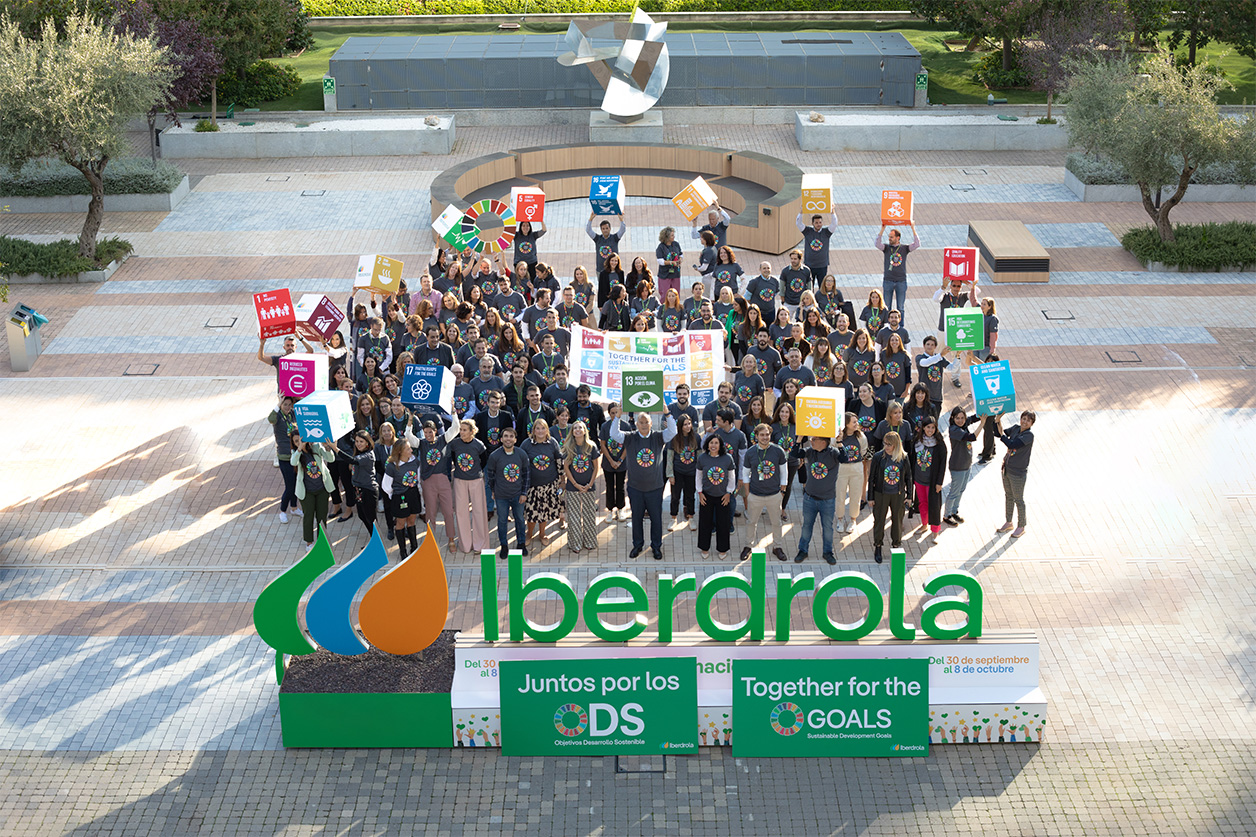

We promote the SDGs through our activities
-
Iberdrola Mexico joins Pride Connection to boost LGBT+ inclusion in the workplace
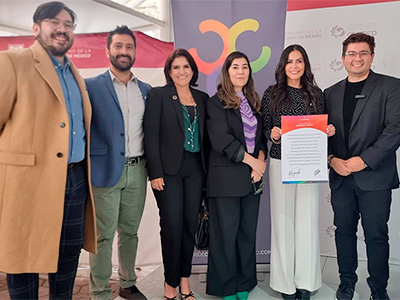
-
Introducing Global Green Employment, the largest platform for guidance, training and green employment
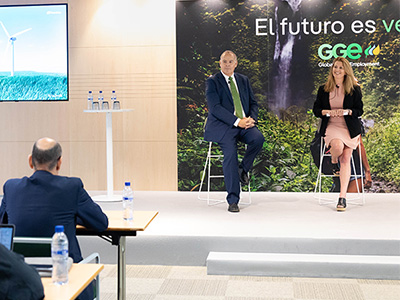
-
We sign €1 billion loan with EIB to accelerate energy transition in Europe
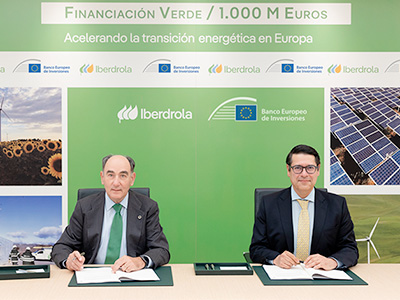
-
We have 700 employees with disabilities, 27% more than three years ago
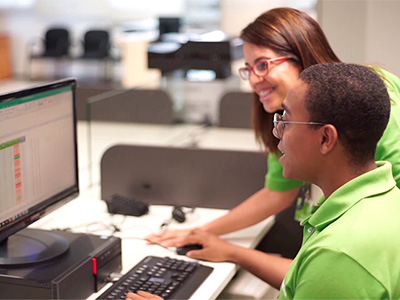
All information about the Sustainable Development Goals (SDGs)
Why are the SDGs so important?
The importance of the SDGs lies in the vision of achieving a sustainable future for everyone in a medium-term time horizon. The 17 objectives are interrelated and present global challenges such as the eradication of poverty, the fight against climate change, peace and prosperity for all, education, women's equality, environmental protection and sustainable urban development.
They therefore represent a unique opportunity to better respond to the changing expectations and aspirations of the society in which we live and to develop strategies and innovative business models adapted to a world undergoing profound changes.
How can the SDGs be achieved?
Action by all sectors of society is essential to achieving the SDGs: governments, the private sector, civil society and citizens. It requires everything from global actions that ensure resources and solutions for the benefit of everyone, to local actions that affect each country's policies, budgets and institutions, to small things that can be done from the comfort of your own home (see the guide 170 daily actions to transform our world [PDF]). Partnerships among all sectors are essential to achieve the objectives.
What is the 2030 Agenda and why is it so important?
The 2030 Agenda for Sustainable Development is the most comprehensive action plan agreed to date to eliminate extreme poverty, reduce inequality and protect the planet. The 17 SDGs defined by the Agenda are a fundamental part of it, as they help translate its fundamental values and principles into concrete and measurable results. In adopting it, Member States pledged to mobilise the resources necessary for its implementation through partnerships that focus especially on the needs of the poorest and most vulnerable.
What content does the 2030 Agenda cover?
The 2030 Agenda is based on five fundamental dimensions, also known as the 5Ps: people, planet, prosperity, peace and collective participation. With the inclusion of peace and collective participation in the traditional approach to sustainable development, the 2030 Agenda has given more depth to this concept. Sustainability is the essence of these five dimensions, which will guide development policy decisions until 2030.





